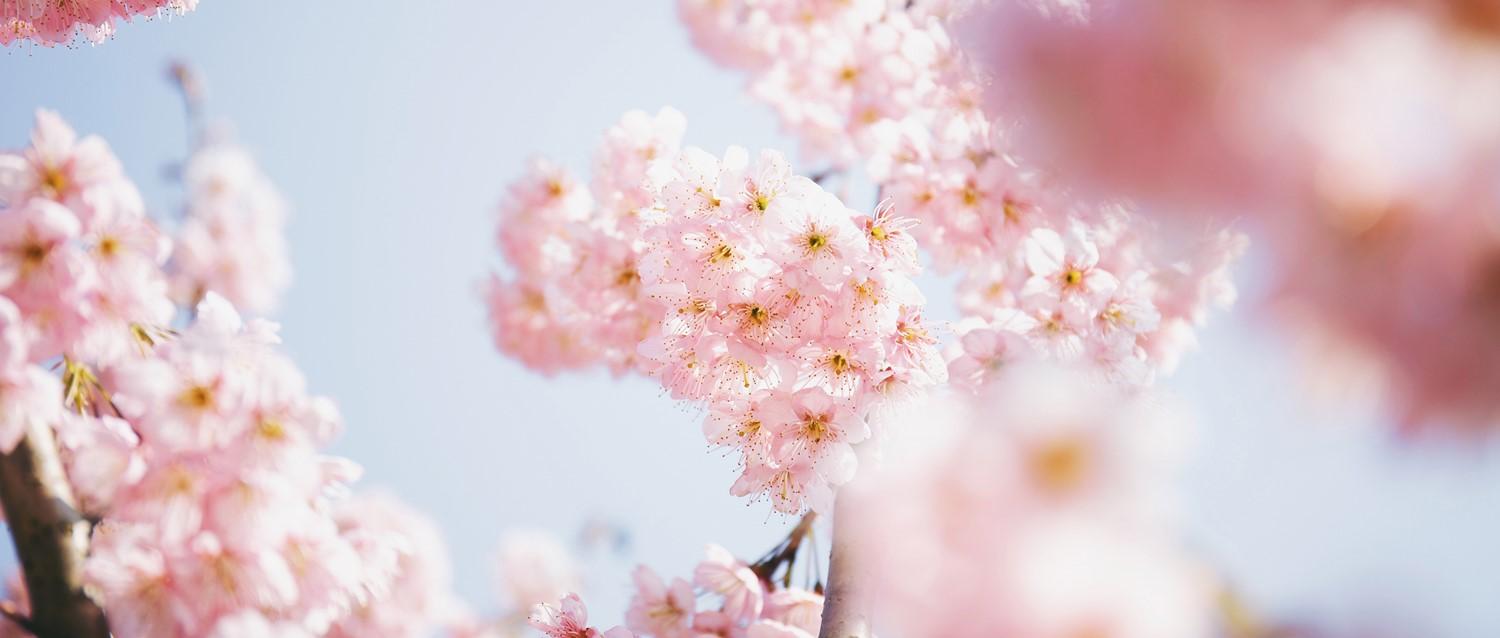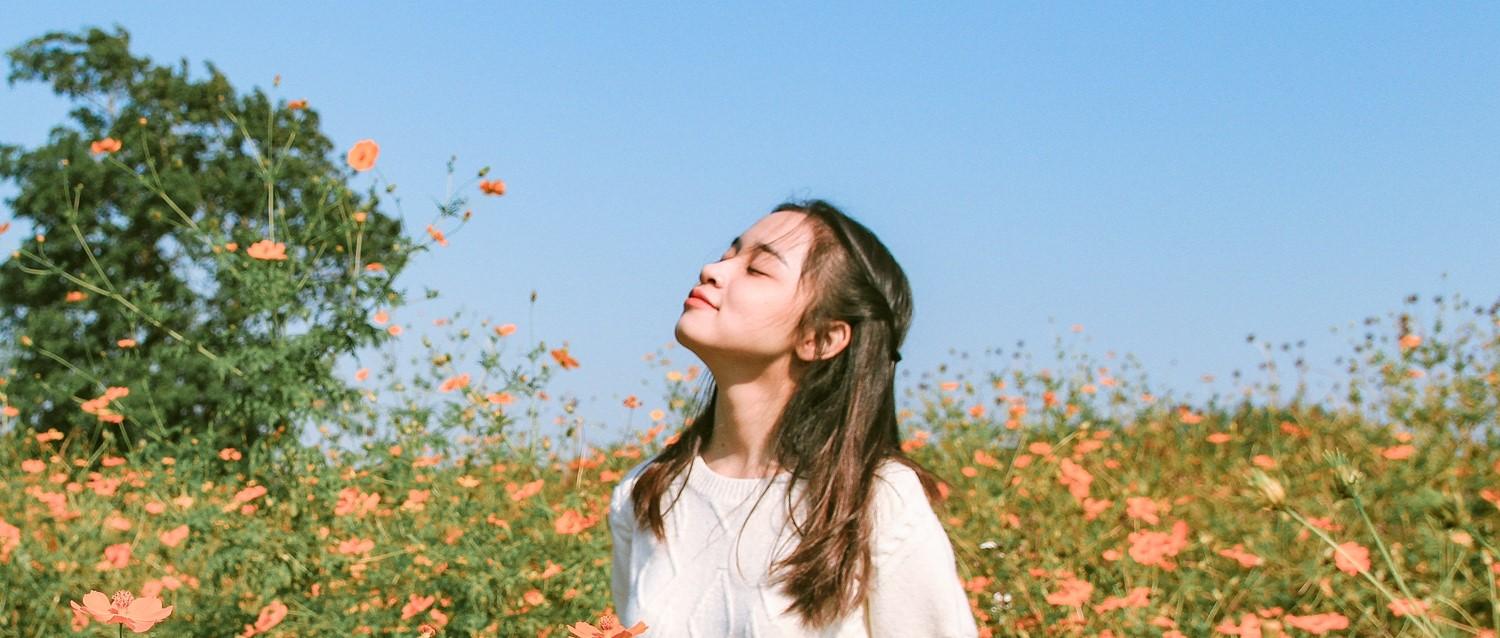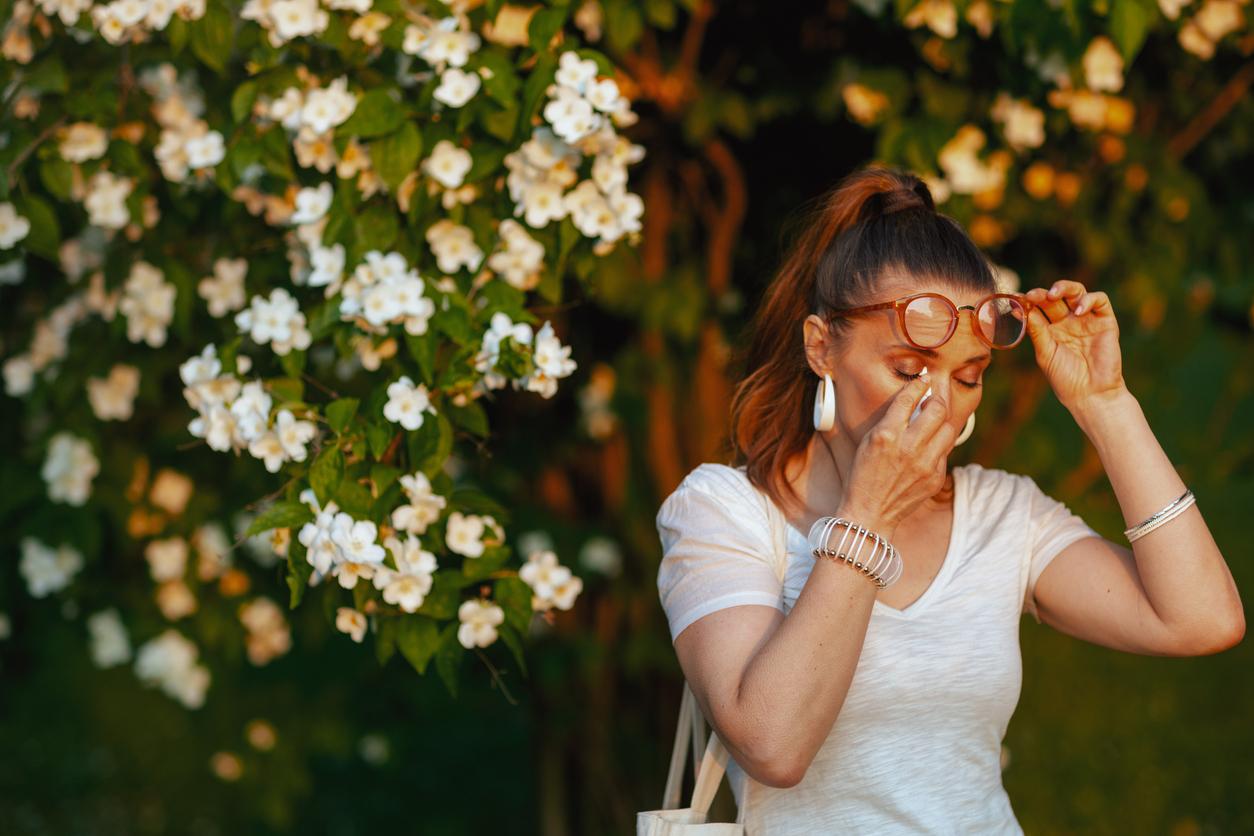
How to find the right treatment for your hay fever
Peer reviewed by Dr Sarah Jarvis MBE, FRCGPAuthored by Abi MillarOriginally published 11 May 2019
- DescargarDescargar
- Compartir
For many people across the UK, the arrival of spring is a mixed blessing. No sooner have they shaken off the winter gloom, than they're hit with the onset of hay fever season. Characterised by a streaming nose and itchy eyes, the condition can range in severity from annoying to debilitating.
En este artículo:
In actuality, 'hay fever season' is a bit of a misnomer - it all depends on what kind of pollen you're allergic to. According to the Met Office, tree pollen season classically runs from late March to mid-May, grass pollen season from mid-May to July, and weed pollen season from June until September. (Despite what TS Eliot may have said, the cruellest month will vary from person to person.)
Of course, hay fever is a misery whenever it occurs, with potential to spoil what would otherwise be a blissful day outside.
"Hay fever is also called allergic rhinitis or seasonal rhinitis," says Holly Shaw, nurse advisor at Allergy UK. "The majority of hay fever sufferers are affected by grass pollen, but there are different types of pollen that can cause hay fever depending on the time of the year."
As an atopic (allergic) condition, it is caused by the body's immune system overreacting to pollen in the air. The condition can affect anyone of any age, often making its first appearance during childhood or the teenage years. Overall, as many as 1 in 5 Brits are affected.
"Hay fever commonly affects the nasal passages and the eyes, and has symptoms not dissimilar to the common cold, which is often where patients become confused," says Shaw. "But hay fever is more persistent and has an element of itchiness you may not get with a cold."
Seguir leyendo
Start with antihistamines
For many hay fever sufferers, a first line of defence is antihistamines, which work by blocking the action of histamine (one of the compounds involved in allergic reactions). These come as a nasal spray or a tablet and can be picked up from your pharmacy without a prescription.
If your hay fever is mild, it may be enough to take an antihistamine pill as and when you notice symptoms. You could also consider taking them as a preventative measure on days when the pollen count is high.
Although older types of antihistamine (eg, chlorphenamine, hydroxyzine and promethazine) have a reputation for causing drowsiness, the newer antihistamines (eg, cetirizine, loratadine and fexofenadine) typically lack this side effect.
"The older generation style of antihistamines is not ideal for those who need to be alert for driving, work etc, so daily non-sedating antihistamines are a good choice of treatment," says Shaw. "Community pharmacists are well placed to give advice and further guidance on which preparations would be suitable for an individual."
Selecciones de pacientes para Otras alergias

Alergias, sangre y sistema inmunitario
Hay fever: how your pharmacist can help
With hay fever season approaching, many sufferers will be stocking up on hay fever remedies. But to prevent or treat hay fever effectively, it may be worth getting additional medical advice. The best place to start is at the pharmacy, where qualified staff will be able to help you in a number of ways.
por Gillian Harvey

Alergias, sangre y sistema inmunitario
Fiebre del heno
La fiebre del heno está causada por una alergia al polen. Los síntomas habituales de la fiebre del heno son secreción, picor y/o congestión nasal, estornudos y picor de ojos. Los tratamientos habituales son un aerosol nasal antihistamínico o un medicamento y/o un aerosol nasal con esteroides. A veces se utilizan otros tratamientos si estos tratamientos comunes no funcionan tan bien.
por el Dr. Doug McKechnie, MRCGP
Talk to your pharmacist
She strongly recommends talking to a pharmacist first, to help you target the specific area that's a problem and avoid contra-indications with other medicines.
"For example, you may or may not have itchy watery red eyes, but if you do have that issue then the use of an eye drop may be effective," she says. "If the nose symptoms are a particular problem then the use of a nasal spray containing an antihistamine or steroid may be advised. It's also really important that you're shown how to use your nasal spray or eye drops because the medicine will only be effective if you know how to use it."
There are further treatment options too, such as a nasal allergen balm that can be applied to the outside of the nostrils, preventing pollen from entering the airways. You may also be encouraged to try nasal saline douching - ie using a special preparation to rinse out inflamed nasal passages.
"We're all individuals, and everyone's going to have their own set of circumstances and symptoms," says Shaw. "Hay fever can be mild, moderate or severe, so it's important to treat symptom severity appropriately."
Seguir leyendo
When to see the GP
If you find your symptoms getting worse, or they don’t respond to pharmacy medicines, it may be worth visiting your GP. In very severe cases, you might be prescribed a short course of steroids or be referred for immunotherapy.
With immunotherapy, small amounts of pollen are introduced to your system, either via an injection or via a tablet that dissolves under your tongue. Over time, you build up resistance to the pollen, greatly reducing the severity of your symptoms.
The catch here is that it takes a very long time to take effect. In a major study published last year, researchers found that, while the treatment is highly effective, it needs to be given for at least three years in order to have an impact. It isn't suitable for everyone - and it certainly isn't suitable as a short-term fix.
Other strategies
In terms of natural remedies for hay fever, the jury's out on whether they actually make a difference. Many people swear by a spoonful of honey (although there's no clinical evidence to support its use), while others gravitate towards a range of herbs and supplements.
Some of these remedies may prove beneficial - for instance, fish oil might have a protective effect against inflammatory conditions like hay fever, and it has been suggested that eating a Mediterranean diet may reduce allergic symptoms. (Of course, a generally healthy diet is never a bad idea, irrespective of whether it helps your hay fever.)
Less contentious are the lifestyle changes you can make to minimise your exposure to pollen. Through monitoring the pollen forecasts, you can make an informed decision about when to go outside and what kind of preventative measures to take.
"If you know the pollen count's going to be high next week, you could start using your treatments early, to build up a preventative effect," says Shaw. "Pollen is at its highest early in the morning and late in the evening, so you may want to avoid going outside during those times."
For instance, if you enjoy running in the park, you might want to give that a miss on high pollen count days, and go to the gym instead. It's also wise to avoid alcohol (as many drinks contain histamine) and to cover up your eyes and hair - for instance, by wearing hats and wraparound sunglasses.
"It's important to have a shower or wash your face when you come in from outside, so as not to transfer pollen on to bedding," adds Shaw. "Other sensible measures include closing windows and doors and fitting a pollen filter in your car."
The main thing is to know your own body and your own triggers. That way, your local pharmacist (or perhaps your GP) can point you in the direction of a treatment that's right for you.
Historia del artículo
La información de esta página ha sido revisada por médicos cualificados.
11 May 2019 | Originally published
Autores:
Abi MillarRevisado por expertos
Dra. Sarah Jarvis MBE, FRCGP

Pregunte, comparta, conecte.
Explore debates, formule preguntas y comparta experiencias sobre cientos de temas de salud.

¿Se encuentra mal?
Evalúe sus síntomas en línea de forma gratuita